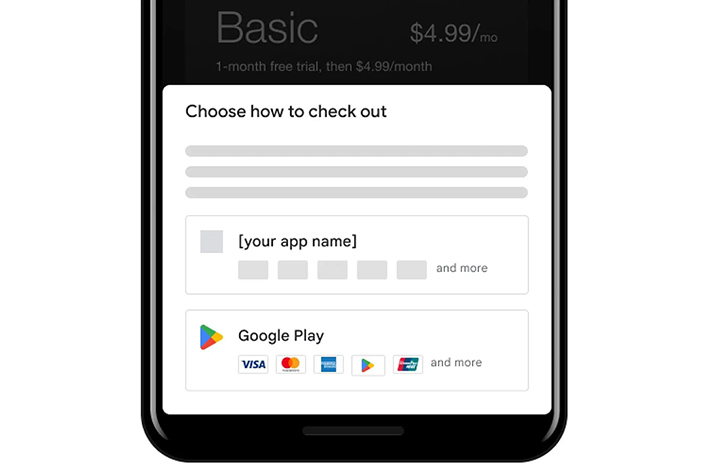The reckoning for mobile app stores has arrived. By all accounts, Apple will be forced to open up app distribution on the iPhone due to Europe’s Digital Markets Act, while Epic beat Google in court to prove that the Play Store is an illegal monopoly. In a separate case, Google was sued by multiple state attorneys general and settled with all 50 states earlier this year. Now we know the nature of that settlement. Google won’t have to make sweeping changes to its operations, but it will have to pay $700 million in compensation.
The $700 million payment is equivalent to approximately 21 days of Google Play operating revenue. Of that amount, $629 million will go directly to consumers who may have paid too much for Android apps because of Google’s practices. As a result, regular app buyers may end up receiving a large check in the mail — Google says it will be up to the courts to handle the distribution of those funds. $70 million of the settlement will be given to states to use as they see fit, and another $1 million will be used for administrative costs.
The other side of the agreement includes operational changes aimed at making app distribution more equitable, but importantly, Google managed to attach a time limit to all the provisions. For example, Google will allow OEMs to more closely integrate third-party app stores, so developers don’t have to release Android apps at the same time as iOS. Sounds good, right? Sure, but Google only has to do this for four years.
The Android maker has also agreed to let developers charge lower prices and will expand user choice billing (below) to facilitate this. Likewise, Google won’t object to third-party app stores being prominently placed on phones, and installing apps will require fewer scary prompts. These agreements have a slightly longer term of five years. Google will also allow developers to promote lower pricing for external apps and list Google Play fees where users can see them. These rules are valid for six years.

The longest settlement, a seven-year agreement, stipulated that Google would support the installation of third-party apps. Of course, Android has supported the feature all along, but Google managed to convince negotiators that it only needed to support the feature for seven years.
More changes may be coming to the Play Store soon. The jury in Epic v. Google ruled in Epic’s favor, but the judge has yet to decide on penalties. Those time-limited concessions may be superseded by a ruling in the case.